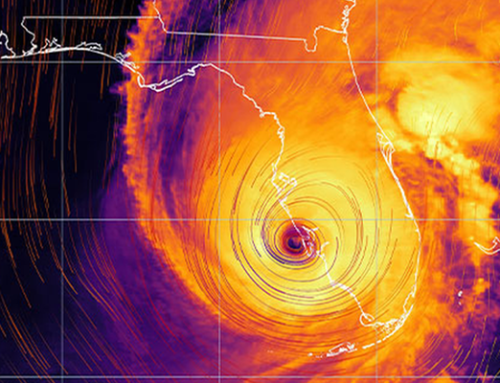Many establishments sell gift certificates which help enhance their overall revenue. However, many of these organizations do not know how to properly account for them on their tax returns or within the jurisdiction which they are issued. Here are some things that should be considered by enterprises that engage in gift certificate sales.
The Internal Revenue Service (IRS) issued Rev. Proc 2004-34 which allowed taxpayers using the accrual method to defer eligible gift card sale revenue to the next succeeding year. Cash basis taxpayers could defer revenue to the succeeding year. An eligible gift card sale included a gift card redeemable at the retailer that issued the card. In Rev. Proc 2011-18 the IRS expanded the definition of an eligible gift card sale to include gift cards that are redeemable at separate entities, whose financial statement revenues are consolidated with the issuer. Rev. Procedure 2013-29 went on to further expand the definition of an eligible gift card sale. The current definition now includes entities whose financial results are not included in the taxpayer’s financial statements and are, therefore, completely unrelated. Therefore most gift card sales are eligible for the deferral.
In 2010, federal laws were introduced to protect gift card consumers from unexpected costs while at the same time disclosing policy terms and conditions. Gift card balances cannot expire until five years after the date of activation of the card, or five years after the most recent refill of the card balance. Inactivity fees cannot be charged to a gift card until there has been one year of inactivity. Additionally, expiration dates and inactivity fee policies must be disclosed on the gift card or packaging. Phone numbers and/or websites where this information can be found will suffice (Regulation E amendment). These federal laws serve as a floor to which states can enforce their own laws to further regulate gift cards.
Currently, Virginia has very little regulation of gift cards. Virginia laws enacted in 2005 (§ 59.1-531) have since been covered by the 2010 federal laws. Outstanding balances on expired gift cards do not escheat to the state (§ 55-210.8:1). As of January 1, 2017, issuers in Virginia will not be allowed to issue gift cards that charge maintenance or inactivity fees. Additionally, gift cards cannot automatically expire and issuers cannot charge fees related to the sale of a gift card (HB 11).
Maryland offers additional gift card laws to protect consumers. Merchants cannot charge maintenance or inactivity fees until 4 years after the activation date or date of refill (§ 14-1319). Gift cards are exempt for escheat laws (§ 17-101).
The District of Columbia only has gift card laws regarding escheatment. Expired gift cards with outstanding balances are escheated to DC (DC § 41-101).




